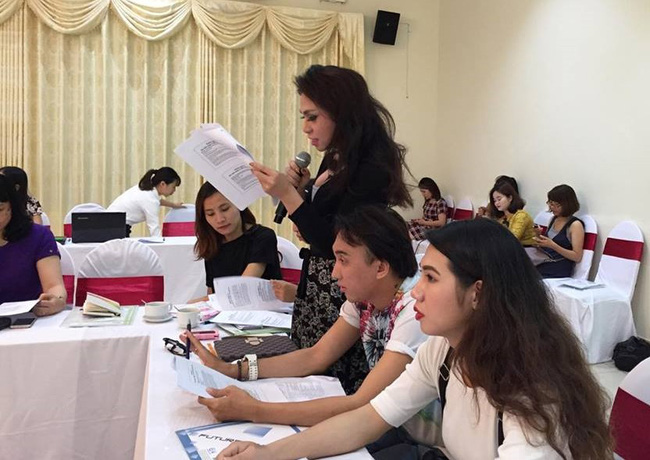According to the plan, the Gender Transition Law will be initiated in 1-2 years. Accordingly, transgender individuals wishing to have their gender recognized must be 18 years or older, single, and have a gender transition certificate from a hospital.
The Civil Code 2015 permits individuals to undergo gender reassignment: “Gender reassignment is conducted according to the provisions of the law. Individuals who have undergone gender reassignment have the rights and obligations to register changes in civil status according to the law; they have personal rights suitable to the reassigned gender…” This is one of the new personal rights of individuals that was not previously stipulated or permitted. It can be seen that this progressive regulation contributes to creating favorable conditions and a healthy environment for a small number of individuals to live true to their gender, establishing a legal framework against gender-based discrimination between people.
However, while the Civil Code 2015 allows for gender reassignment, the Law on Marriage and Family 2014 does not recognize marriage between people of the same gender. Clearly, the legal provisions here are inconsistent and contradictory. Previously, in Decision 243/QD-TTg dated February 5, 2016, the Prime Minister of Vietnam had requested the Ministry of Health to research and draft a legal document on gender reassignment. However, up to the present time, there have been no specific regulations providing detailed guidance on the gender reassignment of individuals or, in other words, regulations regarding the rights and obligations of transgender individuals in civil and social relations to ensure they are not discriminated against in terms of legal and social status.

Recently, at the community consultation workshop on the draft policy impact assessment report of the Draft Law on Gender Reassignment organized by the Ministry of Health, the issue of the appropriate age for gender reassignment garnered much attention.
According to Dr. Nguyen Huy Quang, Head of the Legal Department (Ministry of Health): Age is an important factor because individuals aged 18 and above have sufficient civil capacity, can independently establish and perform civil rights and obligations in all transactions and civil relations without needing anyone to guarantee or give permission. If they personally desire and wish to change their gender, they do not need the opinions of their parents or family.
Additionally, gender reassignment requires medical certification from a hospital. When the Law on Gender Reassignment is applied and implemented, individuals will have to go to a licensed medical facility, present a medical certificate of gender reassignment for consideration and preliminary examination. If granted a gender reassignment certificate, the individual will then proceed to the civil status agency to change their name, gender, and re-issuance of the birth certificate.
Dr. Nguyen Huy Quang believes that gender reassignment should be recognized for cases that have used hormones or undergone surgical interventions such as breast or genital surgery. In cases without medical intervention, recognition should not be granted. This is to prevent situations where individuals are not psychologically prepared or want to change their gender to avoid legal obligations and responsibilities, or just to imitate others.
Source: Bao Cong ly
 Article table of contents
Article table of contents









